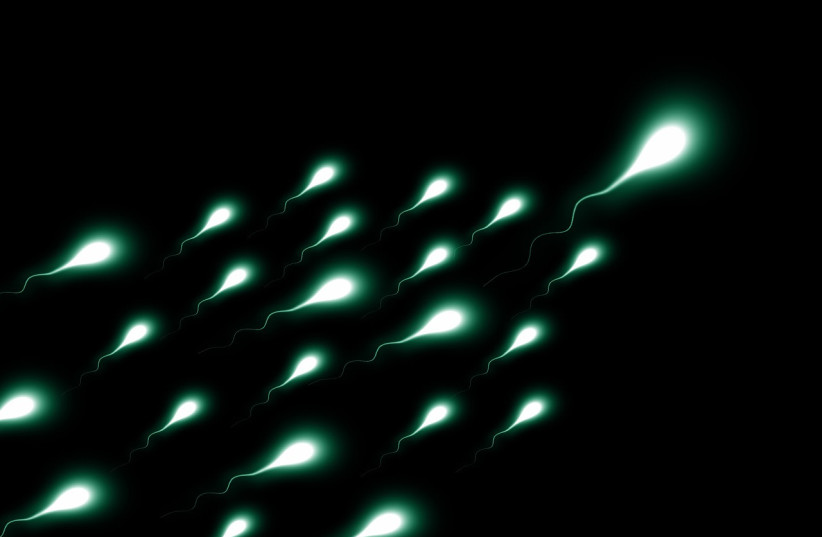There have been major demographic changes among recipients of sperm donations over the past three decades, from mostly younger heterosexual couples with fertility problems to older, single heterosexual women and lesbians.
The changes have been reported in the latest issue of Israel Medical Association Journal (IMAJ), by researchers at the in vitro fertilization department and the sperm bank at the Shamir Medical Center in Tzrifin. It was the longest follow-up study on the subject to reflect dramatic sociological changes among sperm donation recipients. In vitro fertilization (IVF) is fully funded by the Israeli healthcare system up to a point. There is a limit to the attempts to achieve a pregnancy; the subject’s age is a primary factor.
Dr. Itai Gilad and colleagues wrote that sperm banks used to be dedicated mostly to providing sperm donations to heterosexual couples grappling with severe male infertility. Sociological trends have broadened the scope towards single women and same-sex female couples. The mean age of women who received sperm donations was about 35 years old from 1992 to 1997, to 37 years old between 2017 to 2021. In recent decades, clients have changed drastically from being 33% single and same-sex female couples, to 88%.
“From a secret process aimed at supplying sperm to heterosexual couples experiencing severe male fertility with limited medical evaluation of sperm donors, the modern era is characterized by open public discussion about novel topics such as offspring number limitation per donor and donor identity disclosure versus anonymity preservation,” they wrote.

Some Jewish recipients request sperm from non-Jews to avoid blood relations
“Religious and conservative patients who often favor a traditional heterosexual family are prone to negative perceptions towards sperm donation… [But] Israeli society is marked by ethnic and religious diversity with a significant emphasis on reproduction and childbirth,” they stressed.
In the 1990s, changes were made in the artificial insemination process because of growing concerns about the transmission of AIDS/HIV through semen. As a result, fresh semen from donors was prohibited, and only frozen sperm could be used after samples were checked.
The study included 5,489 women who received donated sperm between 1992 and 2021. While between 1992 to 1996, two-thirds of recipients were heterosexual women, the same was true only for 11.9% in recent years. The leading ethnic origin was Sephardi Jews, followed by Ashkenazi Jews, combinations, Balkan Jews, ethnic minorities, and Ethiopian Jews.
Some 65% asked for sperm from Jewish men, while 35% sought it from non-Jews abroad. Many Orthodox rabbis even recommend that Jewish women who want to use donated sperm should get a donation from a non-Jew to prevent the possibility that the donor might be a blood relation.
Because of the growing demand from women for donations and stricter genetic tests, there is a shortage of donors, so more private hospitals have gotten involved, which has, unfortunately, led to more than one occasion of a sensational mix-up.
